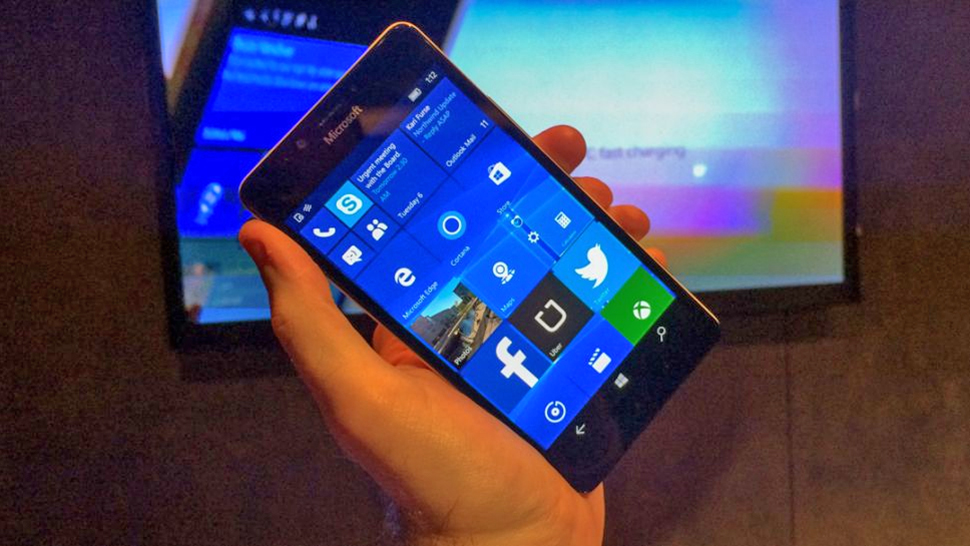Microsoft finally puts Windows 10 Mobile to rest [updated]
A one-month reprieve before the end of Windows 10 Mobile

Microsoft is finally saying goodbye to Windows 10 Mobile: the operating system will get no more support, including security updates and hotfixes.
Update: Not so fast - Microsoft quietly gave Windows 10 Mobile users a temporary reprieve, extending support for a single month, per Windows Latest. The new end-of-service date is January 14, 2020.
We knew this was coming, as Microsoft announced that support for its mobile OS would end way back in January 2019. Heck, we knew the Windows 10 Mobile was on death row in 2017 when a Windows VP tweeted that its October update would be the last one to introduce new features.
But the end of any sort of updates signals the effective demise of the last Windows mobile operating system, as the company fully cedes the field to Apple and Google.
While Microsoft Office apps for Windows 10 Mobile will still be supported until January 12, 2021, Microsoft recommends users transition over to an Android or iOS device anyway.
Windows 10 Mobile sunset: a move we all saw coming
It makes sense to shutter Windows 10 Mobile, as it wasn’t popular even while it received support. The last ‘big’ phone with Windows 10 Mobile, the HP Elite x3, launched in September 2016.
Microsoft had let its mobile OS lie fallow with no plans to resurrect it, and even its dual screen ‘not a phone’ Microsoft Duo will run a version of Android. With CEO Satya Nadella’s moving away from Windows, this is a logical move: compete in the device sphere without spending time and resources fighting in uncontestable software arenas.
Sign up for breaking news, reviews, opinion, top tech deals, and more.
Via GSMArena
- Probably one of these: best iPhone or best Android phone

David is now a mobile reporter at Cnet. Formerly Mobile Editor, US for TechRadar, he covered phones, tablets, and wearables. He still thinks the iPhone 4 is the best-looking smartphone ever made. He's most interested in technology, gaming and culture – and where they overlap and change our lives. His current beat explores how our on-the-go existence is affected by new gadgets, carrier coverage expansions, and corporate strategy shifts.